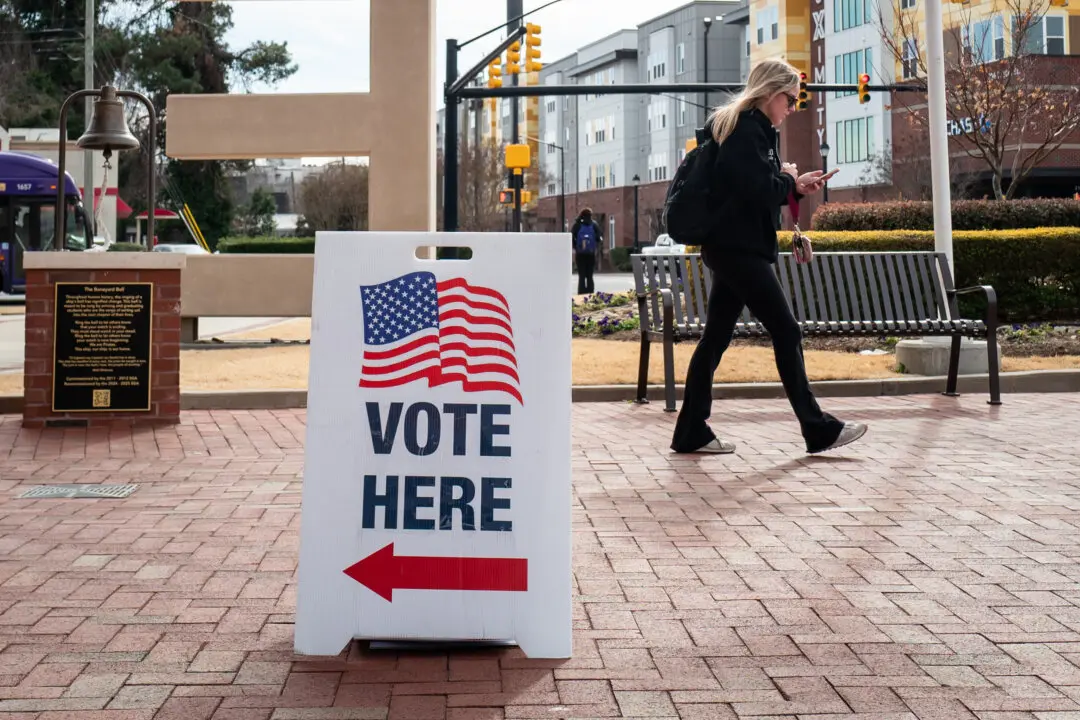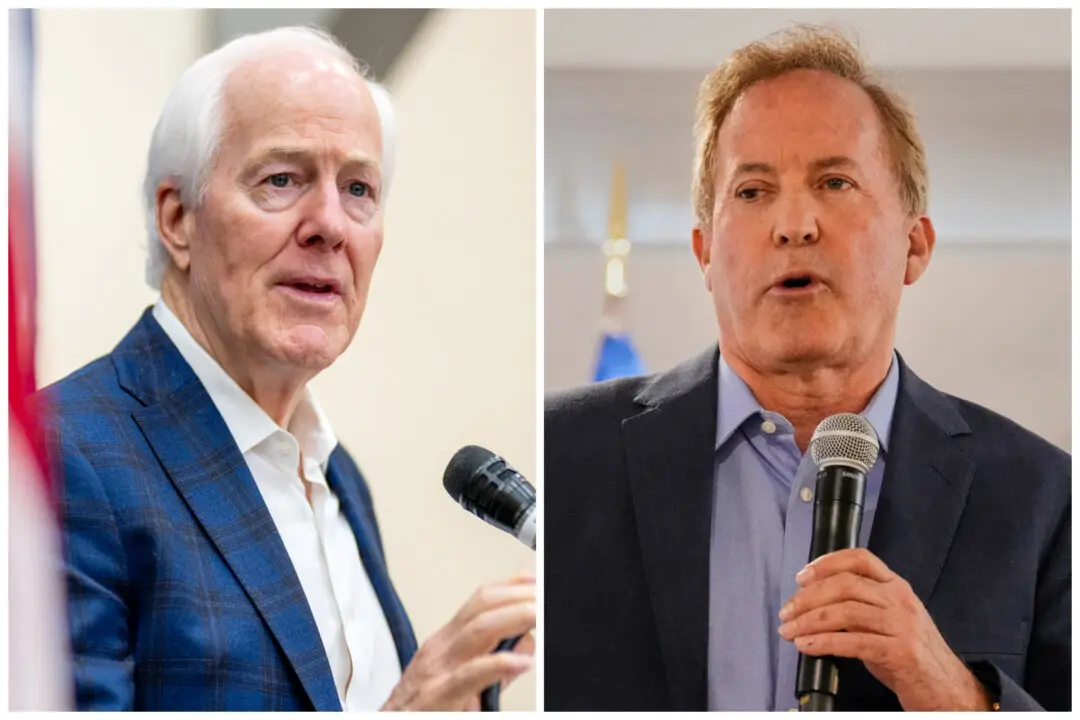The Senate Environment and Public Works Committee heard expert testimony Dec. 8 on the Recovering America’s Wildlife Act (RAWA), a bipartisan wildlife protection bill that would be funded by fines and other money collected from environmental or natural resource-related violations.
RAWA revises the 1937 Pittman-Robertson Act, which gave the tax money collected on firearms and ammunition to individual states for the purpose of protecting and studying wildlife.





